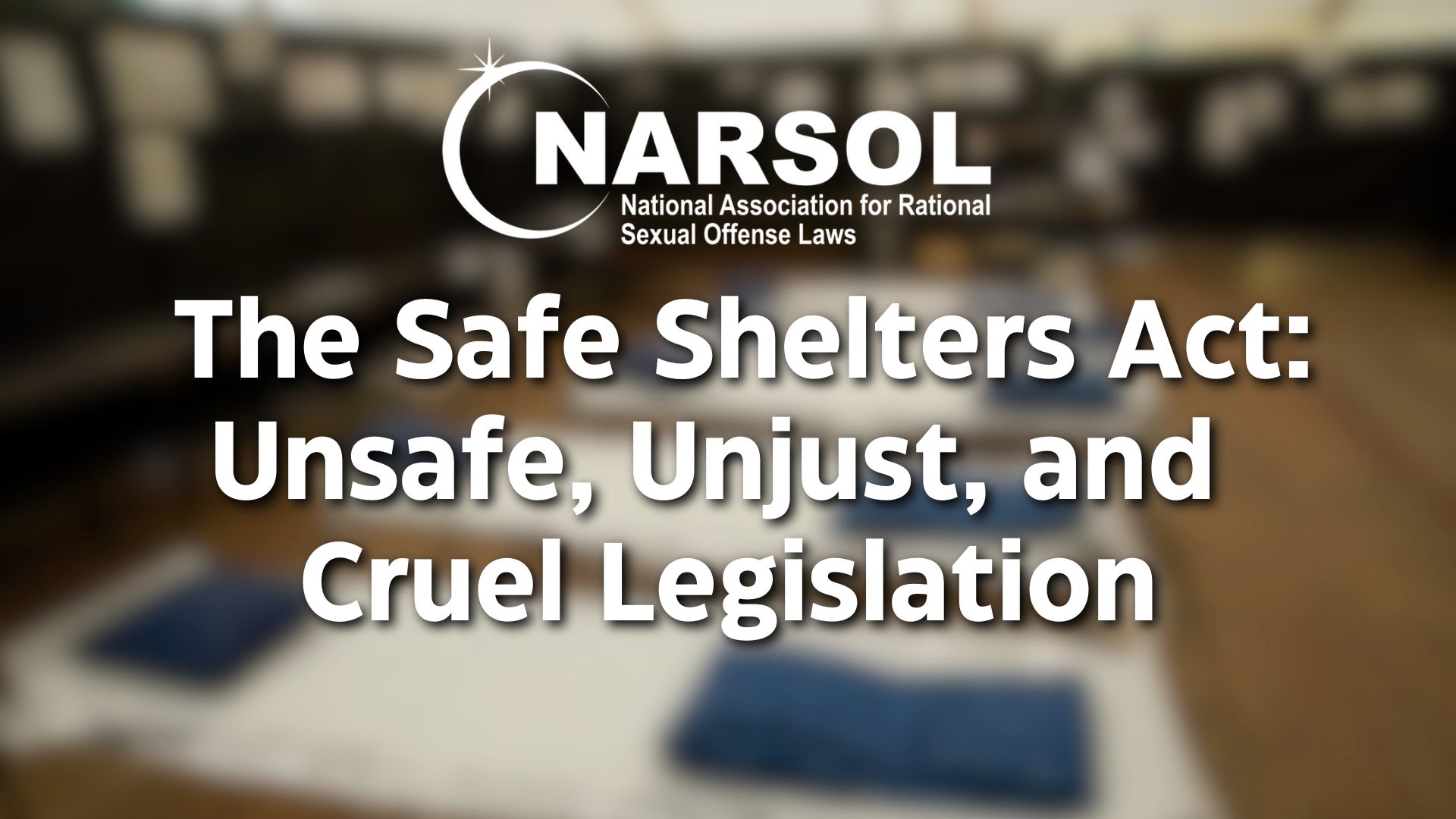To journalists: Consider the ethics of truth about registered citizens
By Steve Yoder . . .Local reporters, you’re a national treasure. You’ve got one of the tougher jobs going—coming up with story ideas, tracking down sources, writing on unforgiving deadlines, working nights. For all that, you’re paid next-to-nothing. You do it because you love it, and we’re grateful. The country needs journalists in every town committed to telling the whole truth.
With all that pressure, it’s no wonder stories about people on the sex offender registry make a tempting target. Registries are in the public domain. Registrants’ photo, address, place of work, school, and make and model of car are usually there for the taking. It’s easy to write a story that looks investigative without doing much work—with everything in the open, you just ask a good question: “How many registrants are employed as taxi drivers?” “How many live within a mile of a school?” “Is anyone on the registry attending a local college?” and the story writes itself. It’s also easy to cover the complaints of local residents who oppose registrants being allowed any constitutional protections.
Public hysteria seems like good copy. Actually it’s not–accurate, positive stories are more likely to go viral. And I bet journalistic standards and the truth matter to you. So here are a few questions to ask when you’re assigned or are considering a story about someone on a sex offender registry.
Is it ethical journalism to out people for crimes they’ve been punished for?A backlash is brewing against reporters who make private details public simply to shock and embarrass. So reporter Nico Hines nearly lost his job at the Daily Beast after luring Olympic athletes onto sex apps and then outing them. Publishing a story about an executive’s extramarital texting with a gay porn star says more about the reporter than its target, as Gawker’s Jordan Sargent learned. Local paper The Anderson News stopped posting the photos of drunk driving arrestees because, as its editor finally concluded, publishing mug shots “adds a level of punishment, or at least embarrassment, beyond what is imposed by a judge… I really don’t think that the role of a community newspaper is to punish or embarrass anybody. It’s to report the news and provide information.” Likewise, ambushing a man once convicted of child pornography possession who’s attending a local college is little more than bullying, as the reporter who wrote the story concluded recently in the Columbia Journalism Review.
Journalism is supposed to hold accountable those in power. Does your story do that? Or does it encourage harassment, threats, and violence?
Have I considered data on the actual risk before doing this story? Elevator phobia affects thousands of people. But a new lift being installed in an apartment building isn’t news because the chance of dying in an elevator crash is 1 in 10.5 million. Likewise, it’s not a story when a neighbor says they’re afraid because someone who’s served time for a sex crime lives nearby or opens a business near them.
Recidivism rates for those who’ve committed sex crimes are lower than nearly all other classes of ex-offender (5 to 15 percent, and 3 percent for those who’ve been offense free after 10 years, a figure comparable to the risk in the non-offending population). Upwards of 90 percent of new sex crimes are committed by someone not on a registry.
Local reporter Joshua Vaughn of The Sentinel newspaper in Pennsylvania consulted the statistics and turned his research into an illuminating series on sex offender registration and sexual violence prevention—some of those stories are here, here, here, and here.
If I’m covering a policy proposal, have I asked for evidence that it will work? Too often, proposed solutions don’t have any research to back them up. For example, some states and towns have introduced laws to ban those on sex offender registries from living near schools, parks, playgrounds, and other places children congregate. It sounds like common sense. But it’s not—after mountains of study, the federal government declared in 2015 that those policies do nothing to affect sex crime or sexual re-offense rates. What about banning registrants from participating in Halloween? That’s a rule in search of a problem, researchers have concluded—sex crime rates don’t change on Halloween.
The key questions to ask advocates of new policies are these: What’s the data show about the problem you say you want to solve? What’s the research say about whether your solution will make anyone safer?
Have I avoided loaded language? Neutral language isn’t optional in reporting on sex offenses—it’s essential to fair reporting. There are alternatives to prejudicial terms like “predator,” “sex offender,” and “child molester.” Choices like “offender,” “registrant,” and “ex-offender” meet journalistic standards for impartiality. More on this one here.
Have I included the perspective of a state or national expert? Talking to police and prosecutors, victims’ groups, and citizens is fine. But more important is to find out what people who have studied the issue say. That’s exactly what these local reporters did.
Some sources of respected experts on sexual violence are the Moore Center for the Prevention of Child Sexual Abuse, the Crimes Against Children Research Center, and the Association for the Treatment of Sexual Abusers.
And not all advocates are on one side—hundreds of lawyers and activists have been working for years for sex offense policy reform. So get the perspective of a group like the National Association of Rational Sex Offense Laws, Women Against the Registry, or the Alliance for Constitutional Sex Offense Laws.
Good reporting means better governance. An issue as important as sexual violence badly requires your objectivity and independent judgment to move our leaders away from policies that waste money or cause needless pain, and toward those that actually work.


